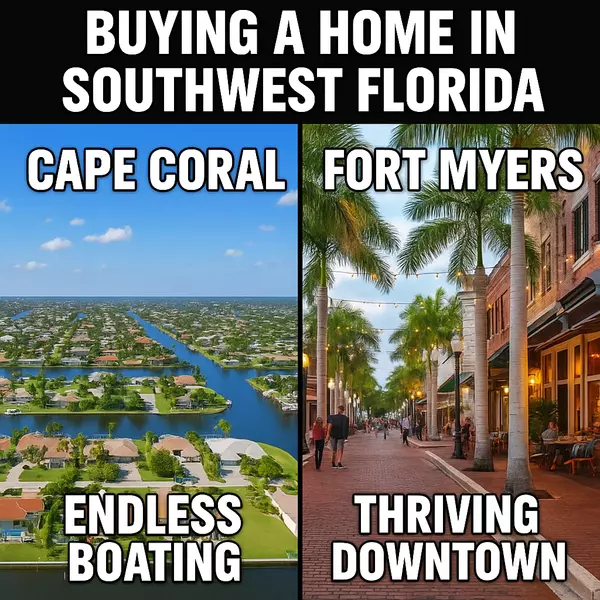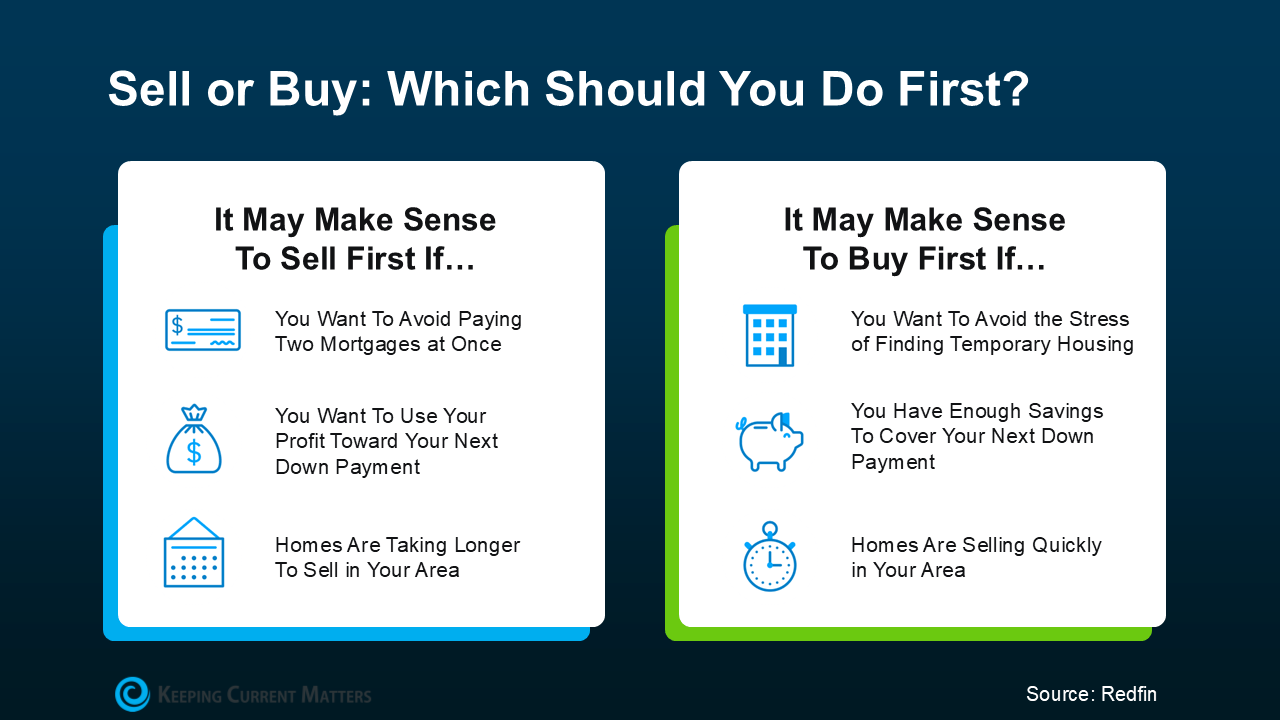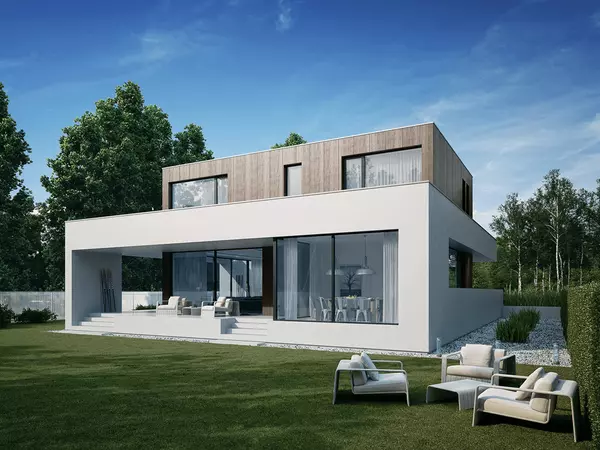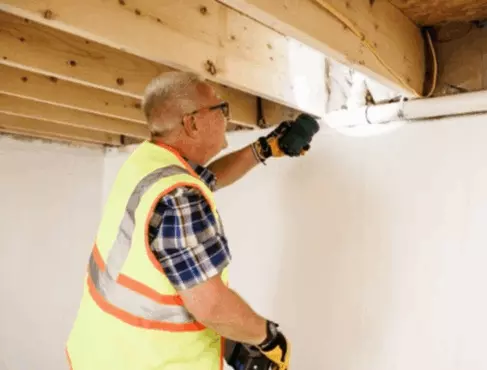
Reverse Mortgage: The pros and cons every senior should be aware of
All About Reverse Mortgages Reverse mortgages are financing available to seniors 62 and older with substantial home equity to tap into. With a traditional mortgage, homeowners pay down their home loan in monthly installments to build up home equity, but a reverse mortgage does the opposite. Instead
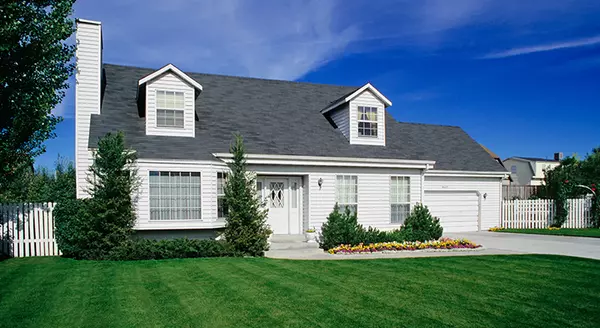
Selling Tips for Home Sellers
Make Your House the Top Thing on Every Buyer's Wish List This Season With the holidays approaching, homeowners planning to move decide whether to sell now or wait. Some may even consider taking their house off the market until next spring. But is that the best choice? Because at this tim

The best 55+ Communities in Fort Myers Florida
Top five 55+ Communities in Fort Myers, Florida Fort Myers has a vibrant selection of 55+ communities, offering unique amenities and lifestyles for active adults. Here are ten of the best 55+ communities in Fort Myers, Florida: 1. Pelican Preserve This premier 55+ community is known for its re
Categories
Recent Posts

